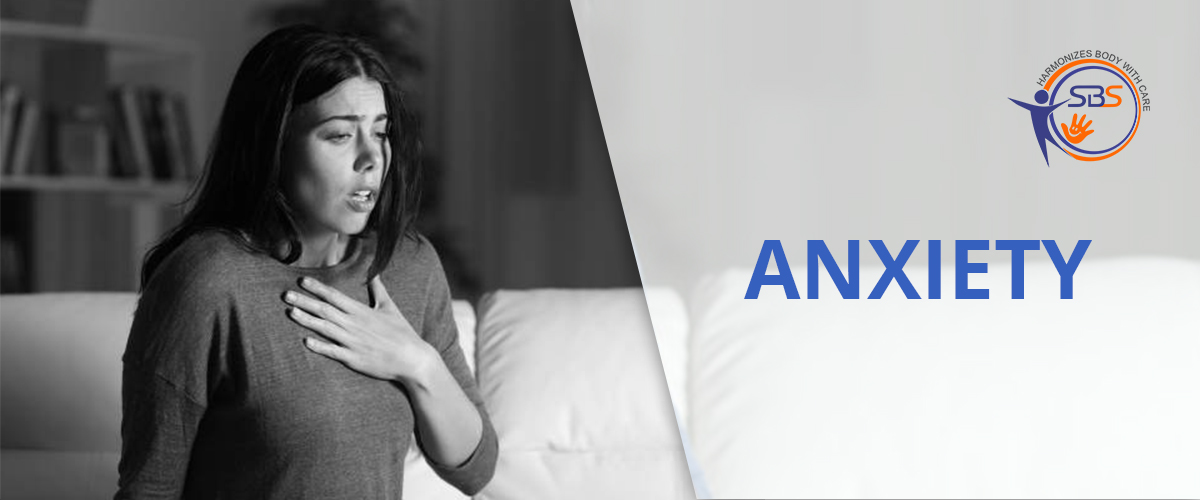
The natural response of the body to stress remains persistent for more than six months, then one might be suffering from an anxiety disorder. This disorder is the feeling of fear or getting nervous due to some underlying daily life situation. For example, going to an interview may instigate some fear like feeling, or while facing speaking on a public platform may be left people feeling nervous and fearful. This happens naturally because of stress related to that situation. However, if this kind of feeling or nervousness remains persistent for more than six months, then it may be because of the anxiety disorder. This disorder will disrupt daily-life activities and makes you always feel worried.
Feeling anxious and anxiety disorder are two different things. The feeling of anxiety is very normal. Taking a test, moving to a new place, going to a job interview, starting a new job, etc. are some situations where a person can feel anxious. The feeling of anxiety is unpleasant. But the feeling of anxiety does make you face the situation and motivates you to get out or adapt to a particular situation whereas, anxiety disorder will disrupt your daily life activities. The feeling of fear in this disorder will remain with you all the time and stops you from enjoying the cheerful things around you. This is the most common emotional disorder that can affect anyone irrespective of their age. According to research, females are more susceptible to this disorder than males.
Signs and Symptoms of Anxiety Disorder
The signs and symptoms of anxiety are different and vary from person to person. Even the intensity of the fear and nervousness varies among people. This disorder may disconnect the brain and body making the body movement uncontrollable. Nightmares, panic attacks, horrible or painful memories or thoughts are some of the uncontrolled things people experiences in this disorder. The fearful and worrisome thought always stops you to enjoy the surroundings. The general symptoms are as follows:
- Restlessness
- Palpitation
- Panic Attacks
- Nightmares
- Higher Breathing rate
- Fearful thought
- Lack of concentration
- Sleep-related disorder
These symptoms are general signs of this disorder. However, it is possible that a person suffering from this disorder may not get these symptoms. There are many types of anxiety disorder. These types vary in terms of symptoms. The anxiety attack is the most frequent and horrible part of this disorder. This is the condition in which feeling of fear and apprehension, distress, fear, worry, etc. takes full control over the body of an affected person. The symptoms and signs vary from person to person. The common symptoms of anxiety are dizziness, shortness of breath, chills, hot flashes, fear, sweating, numbness, distress, etc.
Types of Anxiety Disorder
Social Anxiety: An affected person lives in extreme fear from society. They feel scared of getting judged by society.
Obsessive-Compulsive Disorder: The irregular thoughts and fantasies may lead you to perform some unexpected and specific behavior.
Post-Traumatic Stress Disorder: This follows after any traumatic incident to the affected person.
Phobias: This is a condition where the affected person feels tremendous fear due to a specified object, situation, or activity.
Causes, Diagnosis, and treatment
There are no specific causes to determine the root cause of this disorder. But as per researchers, there can be a combination of several factors that can be held responsible. These combinations of factors include environmental and gene-related factors. Some researchers also believe that specific regions of the brain may be responsible for this anxiety. Anxiety cannot be determined through a single test. It requires a long trail of mental health evaluations, questionnaires, and physical examinations to reach the final conclusions.
After getting diagnosed with this disorder, one can go for any treatment options after consultation with a doctor. Medical treatment is not mandatory for every affected person. Sometimes, simple changes and adaption in the lifestyle are enough capable to cope with this disorder. The treatment of anxiety can be done by medication, psychotherapy, or cognitive-behavioral therapy. Anti-depressants and sedatives work for some people.
Cranial Electrotherapy Stimulation therapy
Generally, depression and anxiety rob the happiness of the affected person. Cranial Electrotherapy stimulation may help the patient to overcome the anxiety along with the medications and other therapies. This is a type of medical treatment in which a mild form of electric stimulation is delivered to the brain for treating anxiety and depression. As per research, electrical activity controls the neurochemicals that regulate the moods, emotions, cognition, and sleep of the person. Stress, anxiety, and depression deform the function of electrical activity. CES therapy helps in the restoration of those electrical therapies similar to the pre-anxiety period. Generally, CES is safe and effective. However, it is not recommended for people who use pacemakers and defibrillators.
Psychological Counseling at SBS Rehabilitation Centre, Hauz Khas
The response of the body to stress is called anxiety. If anxious feeling remains persistent for more than six months, then one may be suffering from an Anxiety disorder. There are two methods of treatment for anxiety disorder. The first method is medication; while the second is counseling and therapies. The therapies for this disorder include cognitive-behavioral therapy, CES therapy, and psychotherapy.
If you or your loved ones are suffering from this disorder, then you visit the nearby medical professional for the consultation. SBS Rehabilitation center is located in South Delhi (Hauz Khas). We have the best psychologist in South Delhi. Our best psychotherapists provide the best treatment for this disorder. Our cognitive-behavioral and CES therapists are helping many teenagers suffering from anxiety. To know more about the whole therapy-based treatment, contact us at 9810098054 or 011-41612299.

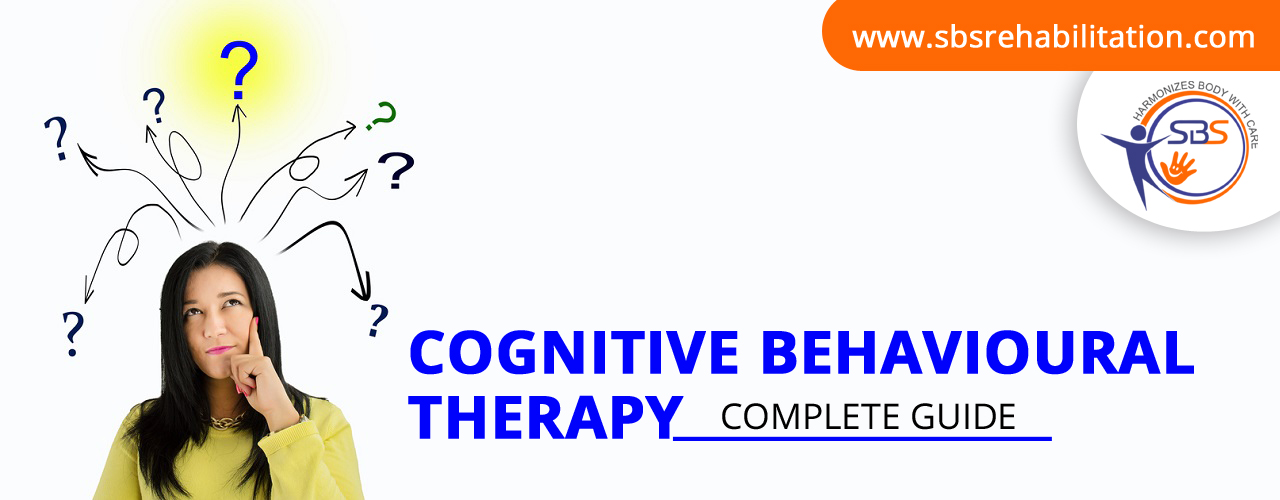
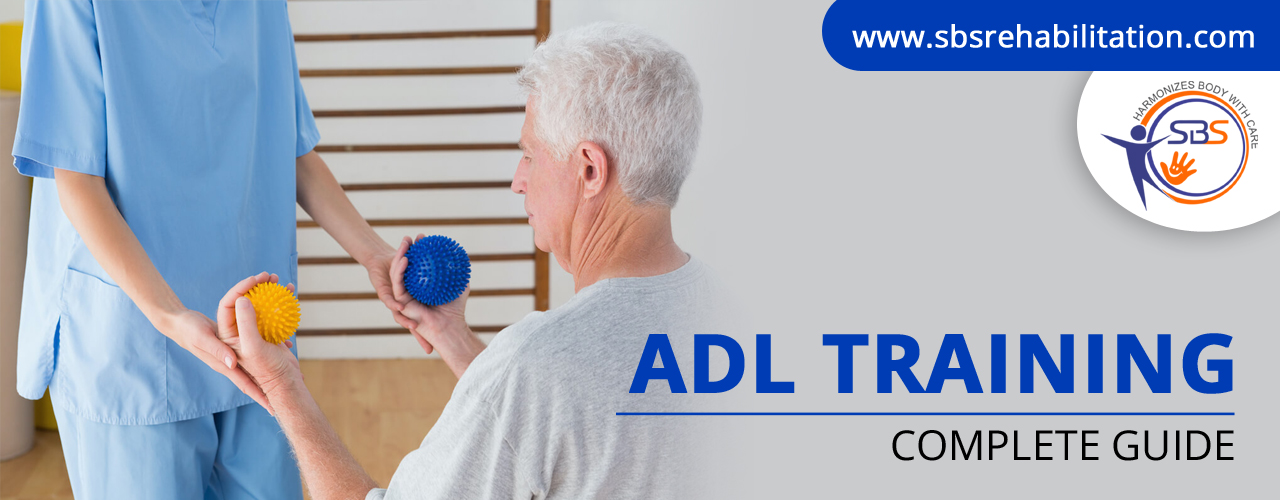
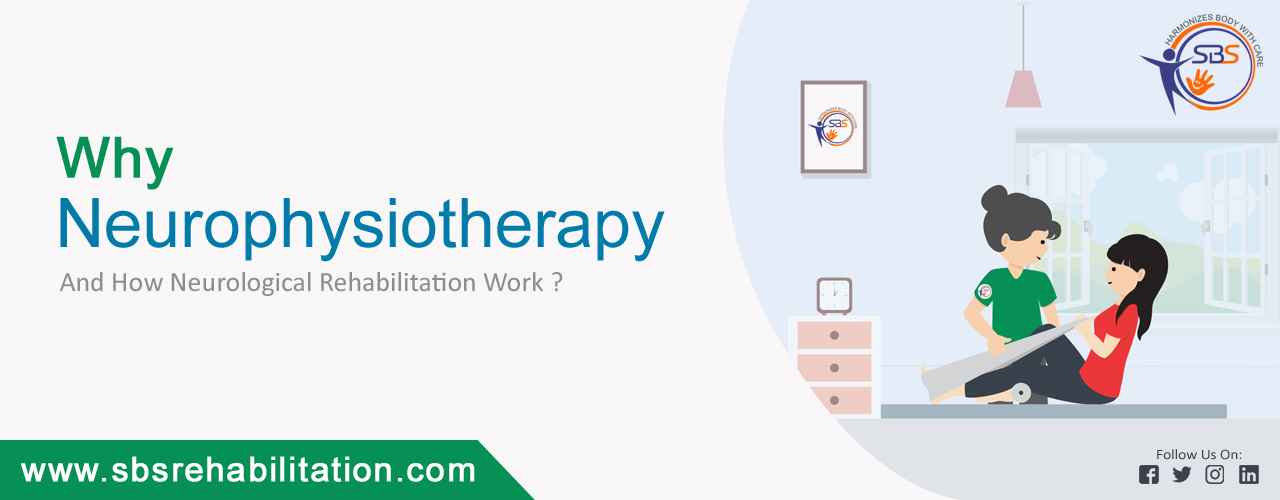
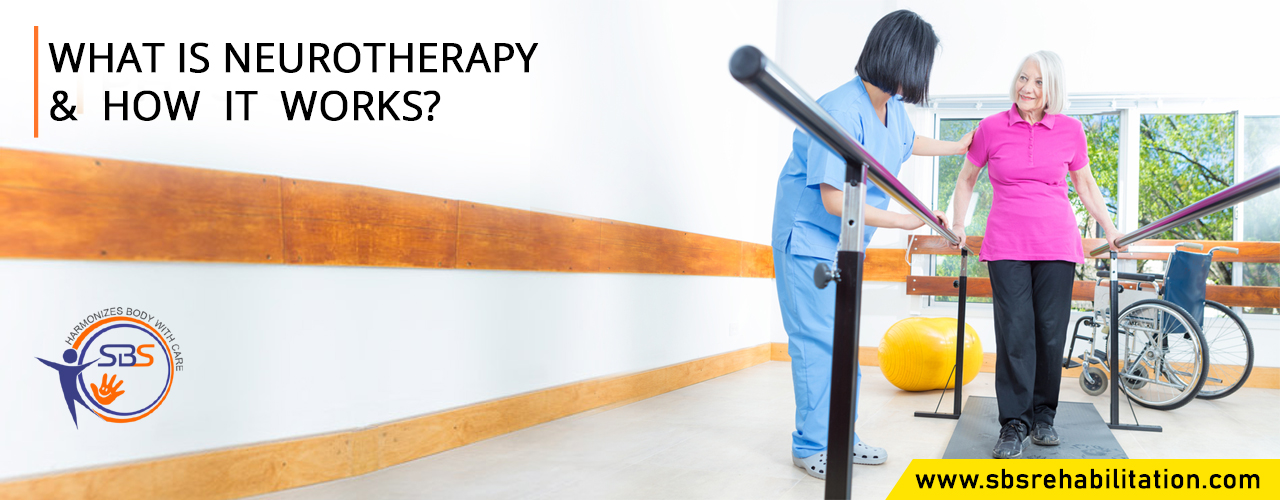
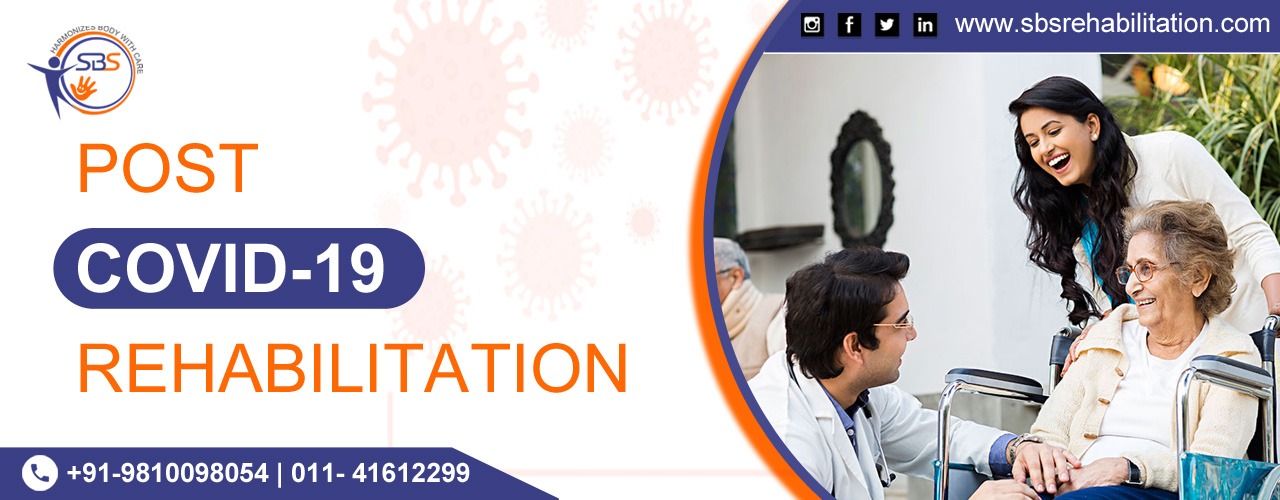

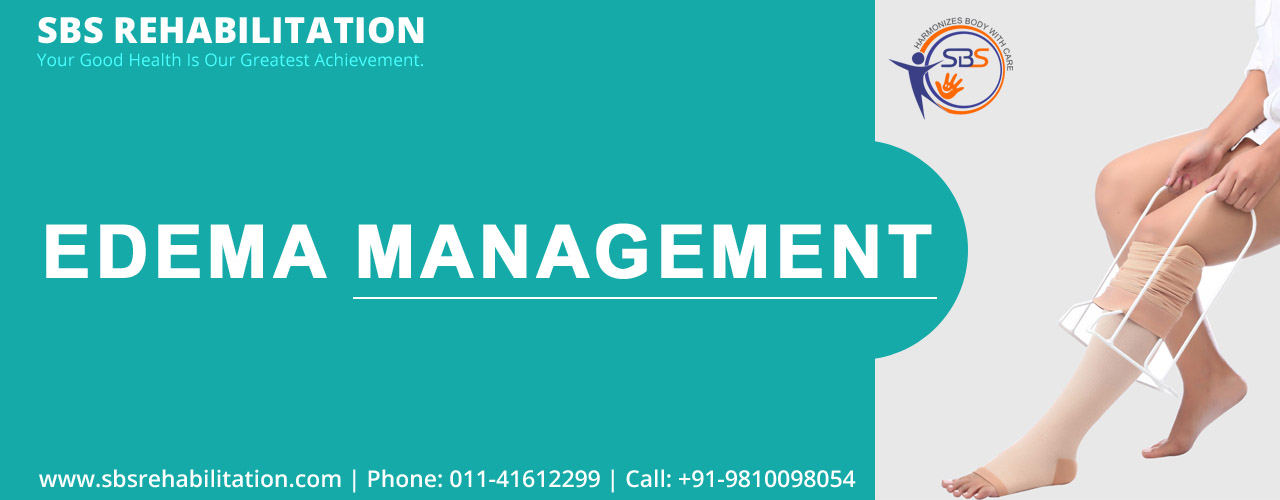
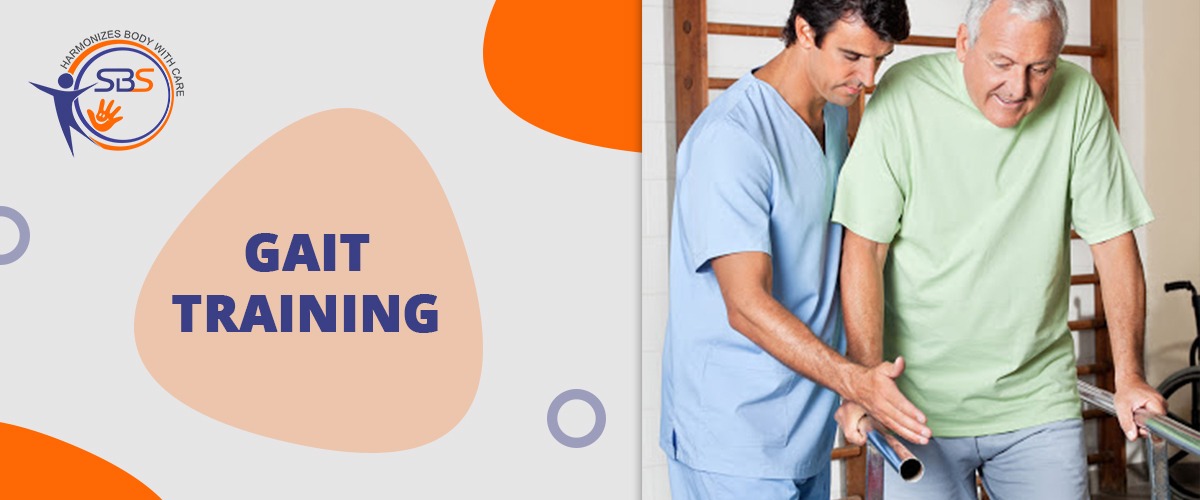
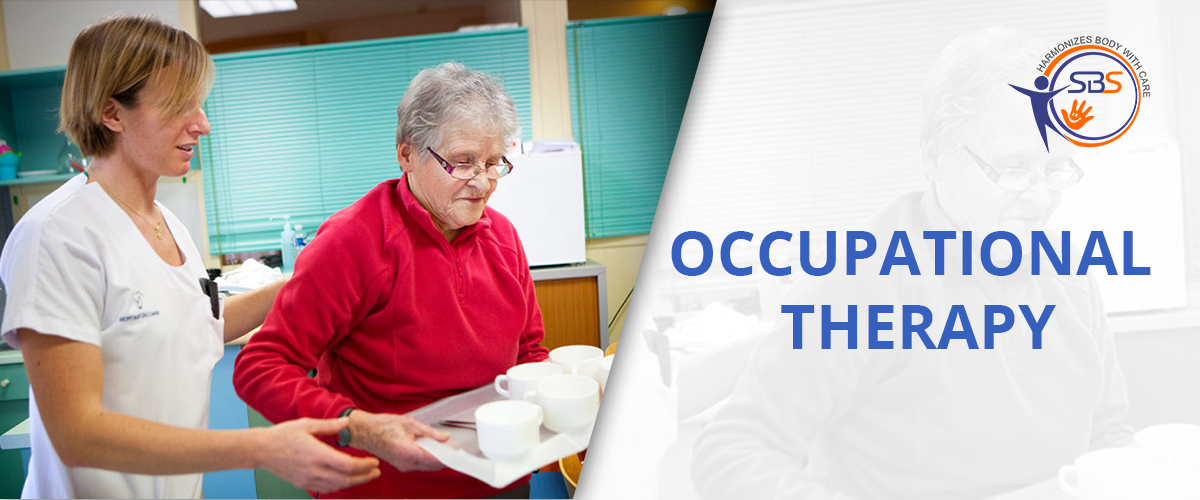
Leave a Reply